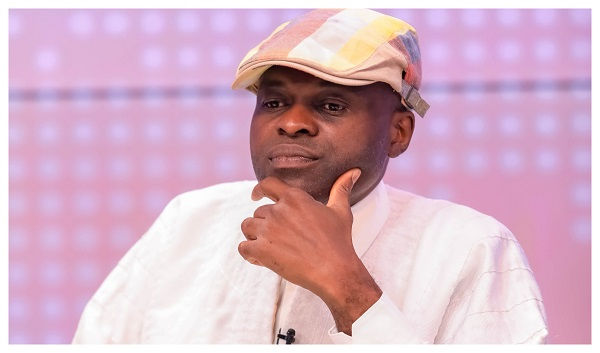Envoys warn Nigeria's Cybercrimes Act threatens free speech, urge overhaul
The heads of missions of the United States, United Kingdom, Finland, Norway, and Canada have called for a review of Nigeria’s Cybercrimes Act, warning that its current use threatens free speech and economic progress.
In a joint statement marking Nigeria’s Democracy Day, the diplomats commended Nigeria’s 26 years of democratic governance while urging lawmakers to amend the law to prevent its misuse.
The envoys — Richard M. Mills, Jr. (U.S.), Richard Montgomery (UK), Sanna Selin (Finland), Svein Baera (Norway), and Pasquale Salvaggio (Canada) — released the statement Wednesday, emphasising the need for legislation that protects human rights while addressing cybercrime.
“The Act has laudable aims: to combat online fraud and cyberattacks. There is growing evidence, however, that the Act is being misused by some to silence criticism and dissent,” the diplomats wrote.
Referencing Nigeria’s constitutional commitment to freedom of expression, they highlighted concerns raised by the National Human Rights Commission (NHRC) and a 2022 ruling by the ECOWAS Court of Justice, which found the Act incompatible with international obligations on free speech.
The diplomats cited the case of Nigerian lawyer and activist Dele Farotimi, who was detained and charged under the Act after alleging judicial corruption in a book and podcast. “Though the charges were eventually withdrawn, his ordeal highlights a troubling issue,” they said. “The Cybercrimes Act… can be misused as a tool to stifle free expression and undermine democratic engagement.”
They warned that ambiguous terms in the Act, including “false information,” “cyberstalking,” “harassment,” and “insult,” leave the law vulnerable to abuse and create legal uncertainty for investors and tech entrepreneurs.
“This distortion of the law’s original intent can lead to citizens becoming hesitant to speak out, weakening democratic accountability and potentially fuelling distrust in government,” the statement read.
Noting a \$500 million annual loss to cybercrime reported by the Nigerian Communications Commission, the envoys acknowledged the need for cyber legislation but stressed that reform must be rights-respecting and align with international standards.
“We welcome the commitment from Nigeria’s Minister of Information and National Orientation, Mohammed Idris, to collaborate with the National Assembly and relevant stakeholders in reviewing the Cybercrimes Act,” they stated.
They urged lawmakers to prioritise the review process, ensure it is transparent and consultative, and revise key sections of the Act to prevent misuse.
“Free expression is a precious commodity that relies on all of us to respect it,” the joint statement concluded. “Nigerians, and any citizens of countries around the world, should be able to hold and express their views, even if those opinions are unpopular.”
The statement coincided with Nigeria’s celebration of 26 years of democratic governance, which the diplomats praised as a milestone for the country’s political development.













